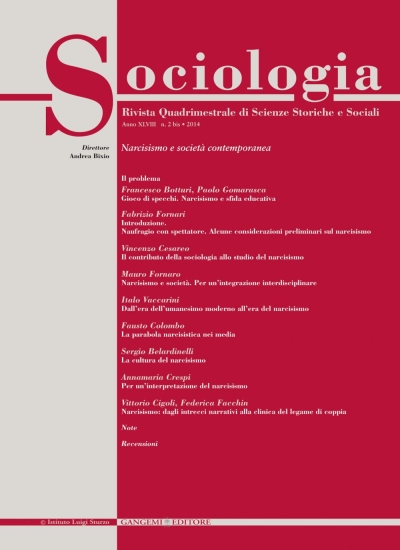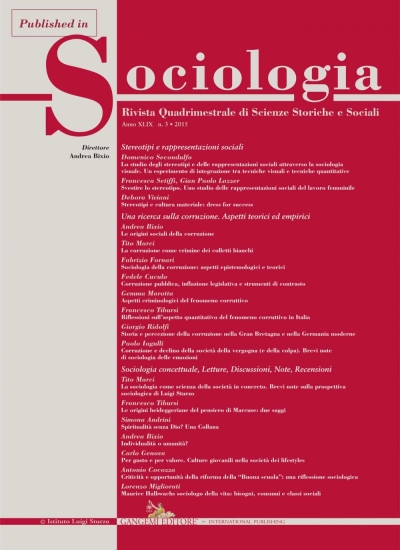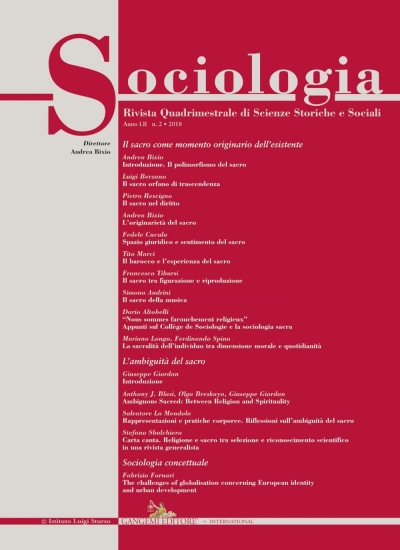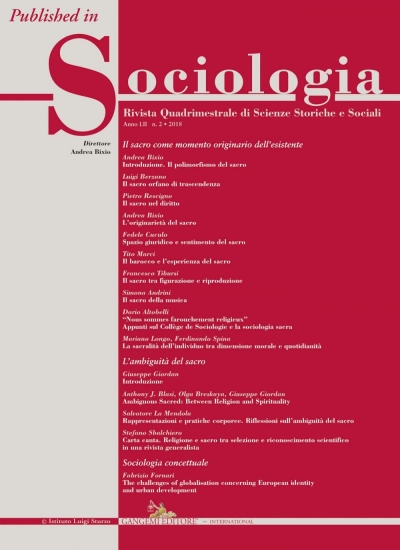Description
Let’s start with the points stated in the title of this work. Globalisation, with its urban development, and European identity. Topics of a vast scope, pressing topics that are currently at the centre of widespread debate. Topics whose study can take innumerable diversified applications and directions; ours will try to converge towards a single point: reflecting on Europe and the processes of globalisation in order to introduce a subject that has come to the fore with modernity and sociology. It has arisen in a moment in which, under the blows inflicted by the financial crisis, there is an increasingly urgent need to elaborate a new definition of the concepts of society and socio-economic development. However, each diversified application on the topic requires the adoption of a point of view and a method. In this regard, it is worthwhile remembering a recent point mentioned by the Nobel Prize for Economics, Paul Samuelson. He rightly drew attention to the fact that Sherlock Holmes had almost no interest in knowledge of the solar system and astronomy, believing that since the mind is a limited space, that kind of knowledge inhibited the knowledge of other notions that were much more important to a detective, such as the characteristics of a shoplifter’s earlobe. Without knowing, by implicitly adopting the perspective of the great German sociologist Max Weber (1864-1920), Holmes expressed a purely sociological and economic concept: that of a choice, epistemological and pragmatic, between limited alternatives. So, given that nowadays we have fewer reasons to concern ourselves with earlobes compared to learning a little more about issues that beset us every day (forecasts on production data and the economic crisis, the issue of growth and its sustainability, youth unemployment, the effects of inequality and the threat of poverty, investment rates, taxes, inflation and prices), Samuelson’s reflection, adopted in Italy by experts in economics and social issues such as Giorgio Ruffolo, enlightens us on a fundamental aspect of the sociological discipline, which deserves immediate clarification: sociology, like economics, is not an exact science. Not in the sense that it is not science per se; rather, in the sense of not being able to adopt the deterministic method of the physical-mathematical sciences (cf. Ruffolo, 2008; Andrini, 1990).









